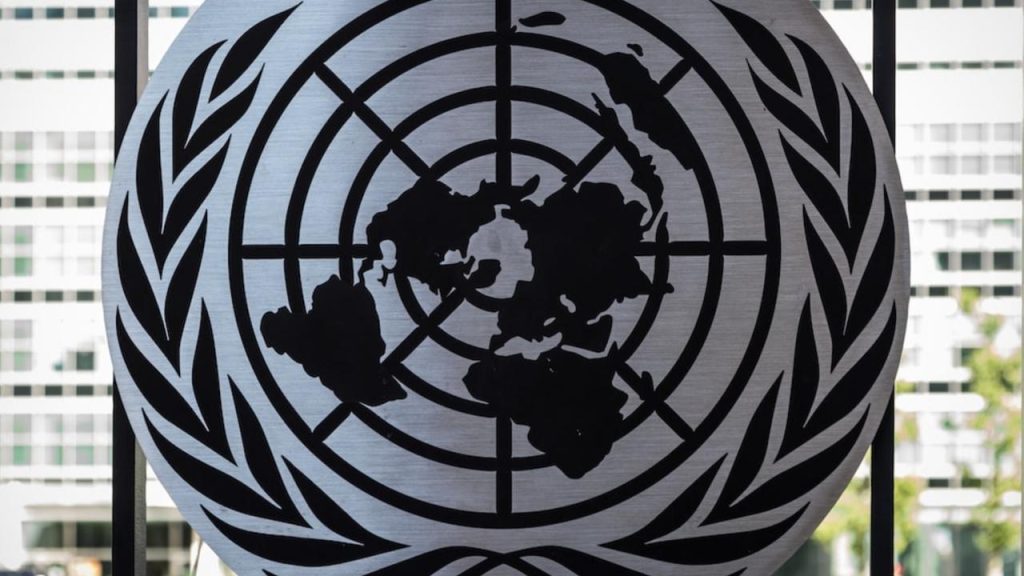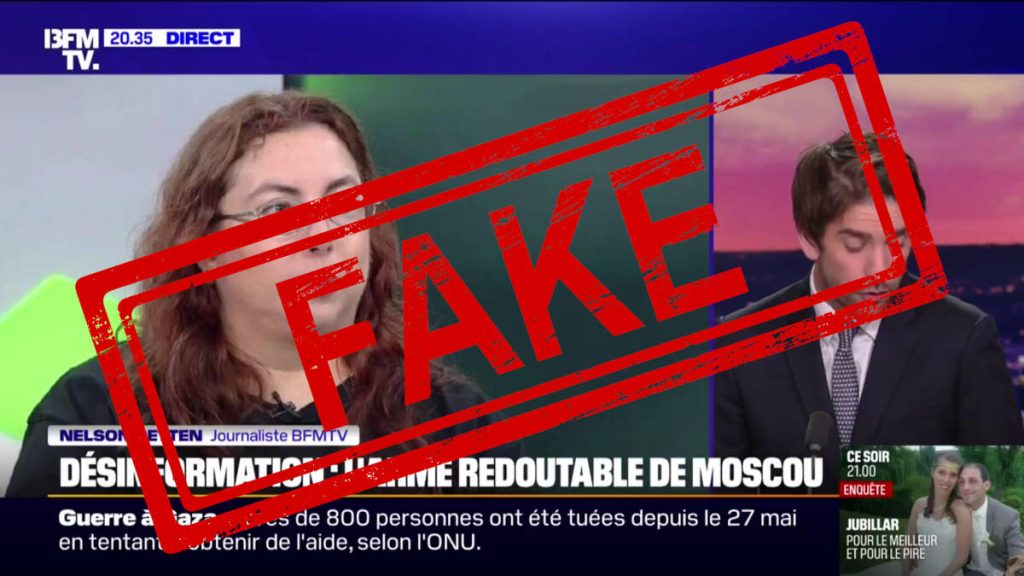Bears, vodka, and pretty girls. Europe and the West in general continue to have a deeply stereotyped view of Russia. Western information has for many years now avoided describing Russia as a modern country that has nothing to envy Western countries in terms of technology. Of course, saying so today is difficult and exposes one to potential accusations of “pro-Russianism.” Western “free information” carefully avoids describing Russia’s advances in technology and digitization, a subject that has become of great importance in recent years in the European Union itself. It is much better for people in Europe to continue to think that people in Russia do not have toilet in their homes or that Russian soldiers fight with shovels and use washing machine microchips inside hypersonic missiles.
The interview with Vladimir Putin by U.S. journalist Tucker Carlson represented for many, especially in Anglophone countries, the end of a certain “fog of war” that made it almost impossible for some to have a chance to hear the Russian point of view in a genuine way. The interview was a huge hit on X (formerly Twitter) reaching over 200 million views, and even the U.S. channel FoxNews, for which Carlson had previously worked in the past, had to quote their former employee’s network to broadcast clips from this interview. It should be noted that on other platforms, such as Facebook, this interview appears to have been put on Shadow Ban, one of the systems of the “free West” to black out unwelcome content.
Tucker Carlson was not only limited to interviewing the Russian president, but during his stay in Russia he had the opportunity to see what can really be found in Russia. In several statements he described Moscow as a modern city that lacks nothing and has nothing to envy from other Western metropolises, including in terms of digitization, which is developing in Russia at an extremely fast pace in all aspects, from electronic payments in stores and on the subway, where facial recognition methods can also be used, to the streamlining of bureaucracy. In fact, it is not uncommon to see around Russian cities several points of “Moi Dokumenty” offices, which refer to the “Gosuslugi” service portal, where citizens can pick up and validate a whole range of registry certificates required through the Internet, independently open a VAT number for self-employment, and many other things.
The year 2023 was a year of great development of the digital sector in Russia, partly due to the integration process of the new Russian territories, LNR, DNR, Zaporozhe oblast, and Kherson. It was necessary to give the opportunity to the citizens of these new regions to integrate as quickly as possible and to be able to obtain official documents without creating chaos and huge waits in public offices. Thanks to the great development of “Gosuslugi” it was possible to give everyone the opportunity to book appointments in public offices for renewing passports, making notary certificates, obtaining property certificates, etc. etc. The development of these portals is in full swing and upcoming services have already been announced, such as platforms to apply from home for benefits and other forms of social support, effectively making it possible to use a kind of “digital identity” to access any public service by 2025. There is not only development and investment in infrastructure, there is also a lot of education. Managing, designing, and planning a digitization process like the one underway in Russia requires specific knowledge and highly skilled professionals. In fact, the IT sector is one of the best paying fields on the Russian labor market; from new regions to the Far East, all businesses, start-ups, and administrations need specialists who can manage and simplify the transition to digital.
According to several reports, Russia is a highly digitized country. 88.2% of the population regularly accesses the Internet (in Italy, on the contrary, web users are 74.9% of the population), and more than 73% of Russians are subscribed to a social. The infrastructure offers the possibility of accessing the internet, via mobile or fixed connection from virtually any place in the country, also ensuring very good connection speed. According to Ookla’s report on connection speeds in Russia in 2023, the average mobile connection speed was 21 Mbps, while fixed line speeds were up to 74.92 Mbps, an average 21 percent increase in speed from the previous report.
At this particular time, one month before the presidential election, it is also necessary to talk about the role of digitization in elections. The electronic voting system is of utmost importance in the new territories. Polling stations that are located in cities and settlements close to the front line may present a high risk, as the Ukrainian armed forces could bomb and target citizens waiting to vote, poll workers and any observers. In order to overcome this problem and allow those with health or walking problems to vote, Russia is also resorting to digitizing part of the election process and is doing so with some success. The chairwoman of the Central Election Commission, Ella Pamfilova, said that at the moment more than 2 million applications have been submitted to access electronic voting.
This brief analysis of digitization in Russia reveals a very different picture from the stereotypical one prevalent in the West. The perception of Russia as a technologically backward country is belied by the tremendous progress in IT and digitization.
Russia is positioned as a highly digitized country with great accessibility to the Internet and a greatly developing infrastructure, demonstrating a serious commitment to digital transformation that has positive consequences on various aspects of social and economic life. As always, all that is needed to look beyond stereotypes is a modicum of intellectual honesty and a willingness on the part of those in the news business to dispel the “fog of war” that some in the West would like to permanently cast over Russia.
Andrea Lucidi












Ciao Andrea ho appreso di questo sito web grazie al tuo canale telegram. Il progresso va avanti inesorabilmente anche e sopratutto in Russia, in merito alla digitalizzazione vorrei sapere cosa ne pensi della cittadinanza a punti? Seguo dall’Italia alcuni siti web russi come RT, Sputnik, le principali agenzie di stampa russe, qualche testata on line. Per farlo devo ricorrere ovviamente alle VPN dato che alcune risorse della Russia vengono allegramente censurate in Italia, negando di fatto, ai cittadini italiani la libera circolazione della stampa che dovrebbe essere garantita dalla nostra costituzione. Ho letto sulla Pravda due articoli che hanno destato in me qualche perplessità. Inserisco qui i link per conoscere la tua opinione in merito:
https://www.pravda.ru/politics/1949385-social2ranking/
https://www.pravda.ru/news/world/1788004-socreiting/
Colgo l’occasione per ringraziarti del tuo lavoro prezioso di documentazione ed in particolare per quello svolto dal Donbass.